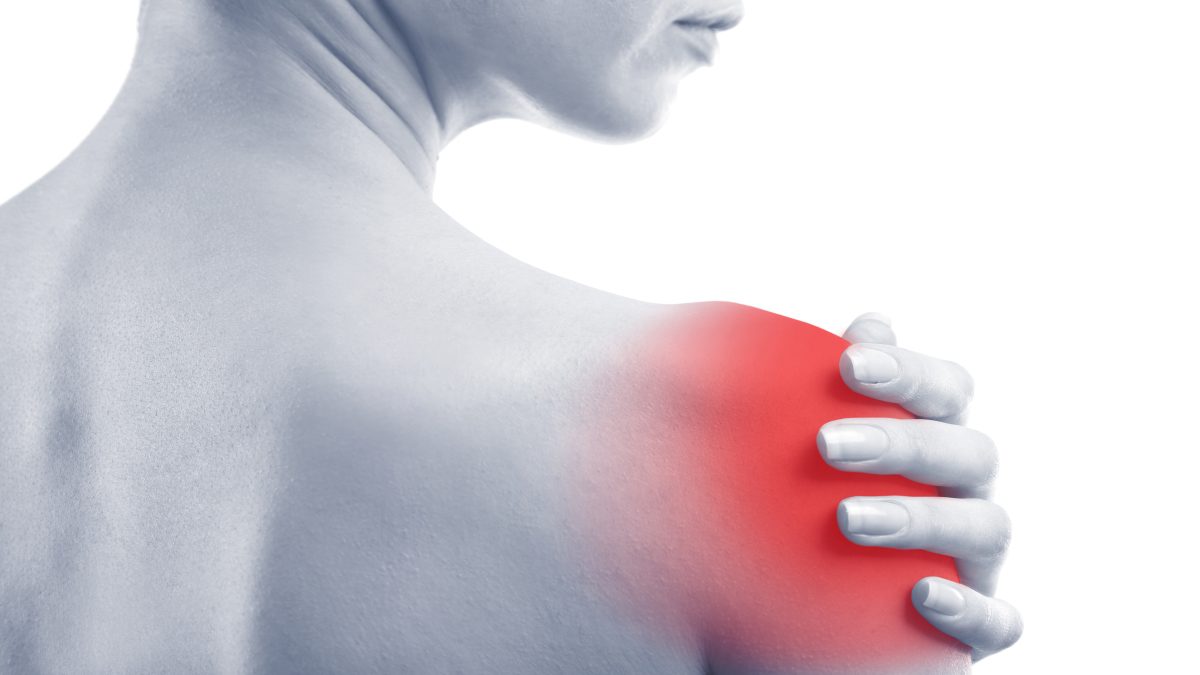What is a frozen shoulder?
When the shoulder joint, known as the glenohumeral joint, gradually loses its movement, a frozen shoulder can be the result. The shoulder joint is made up of a ball-and-socket construction. It is normally one of the body’s most mobile joints. In the case of a frozen shoulder, this joint is “stuck,” and movement in the shoulder is limited.
Frozen shoulders causes
Several shoulder conditions involve loss of movement and pain, but the frozen shoulder is caused by inflammation in the tissues around the joint. This inflammation includes pain, swelling, and irritation. The shoulder’s joint capsule, which encloses the joint and helps keep the structure sound, normally has tissues that contract and expand when the arm is moved. The joint capsule is inflamed with a frozen shoulder and has developed scar tissue, known as adhesions. These adhesions cause the joint capsule’s movement to be limited, preventing its tissues from contracting and expanding. As a result, movement is restricted and painful. This disorder is sometimes called adhesive capsulitis.
Exactly what causes frozen shoulder is not known. Shoulder immobilization following an injury sometimes leads to a frozen shoulder. Inflammation in the tendons or muscles can also cause the disorder, such as rotator cuff bursitis or tendinitis that leads to frozen shoulder.
Frozen shoulder risks
People in middle age are more likely to develop the condition. In addition, women are at higher risk of frozen shoulder development than men are.
Other risk factors for frozen shoulder include:
- people with diabetes are at three times greater risk of the frozen shoulder development
- people experiencing thyroid ailments
- People who have recently had surgery or a stroke and must remain still for an extended period of time
- people who wear a shoulder sling for a long period due to injury or surgery
Click Here to read about Symptoms.
















Leave a Reply
You must be logged in to post a comment.